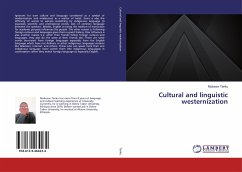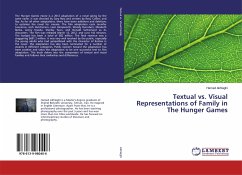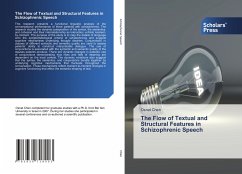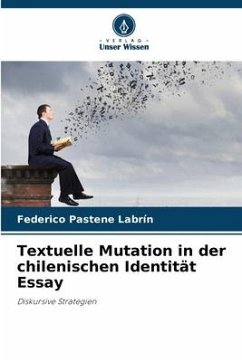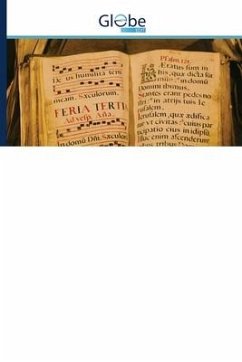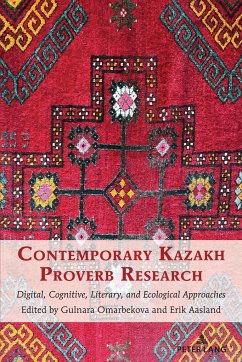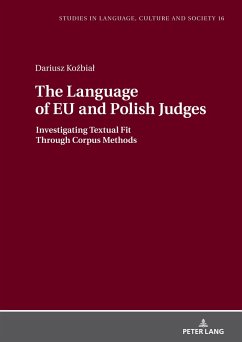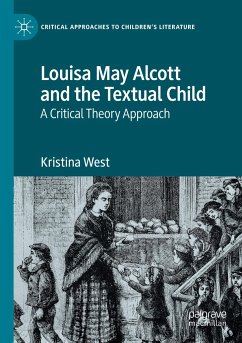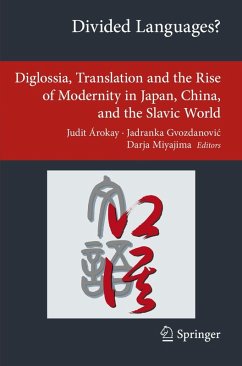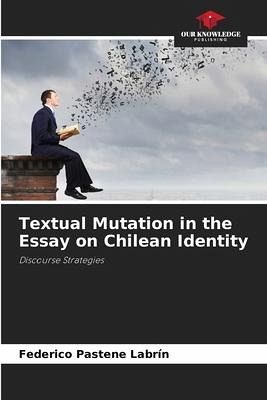
Textual Mutation in the Essay on Chilean Identity
Discourse Strategies
Versandkostenfrei!
Versandfertig in 6-10 Tagen
56,99 €
inkl. MwSt.

PAYBACK Punkte
28 °P sammeln!
This research aims to determine that in the Chilean identity essay (2001-2009) an incipient process of textual mutation is configured, evidenced in the application of procedures such as: experimentation and generic ambiguity, disciplinary symbolization, multidiscursivity and multimodality, organicist analogy, dialogic textualization and generic tension. Likewise, it is analyzed how these mechanisms have been employed, in an innovative and transgressive way, with the purpose of discursively (re)constructing a conception of Chilean identity that oscillates in three dimensions: inheritance, proje...
This research aims to determine that in the Chilean identity essay (2001-2009) an incipient process of textual mutation is configured, evidenced in the application of procedures such as: experimentation and generic ambiguity, disciplinary symbolization, multidiscursivity and multimodality, organicist analogy, dialogic textualization and generic tension. Likewise, it is analyzed how these mechanisms have been employed, in an innovative and transgressive way, with the purpose of discursively (re)constructing a conception of Chilean identity that oscillates in three dimensions: inheritance, projection and identity crisis, positions that complement or conflict with the context of national modernization and cultural globalization. From the methodological point of view, we have opted for an analysis that integrates categories of the interdisciplinary study of discourse, proposed by Van Dijk as discourse, cognition and context, and contributions from other disciplines such as textual linguistics, rhetoric, semiotics and literary theory.




